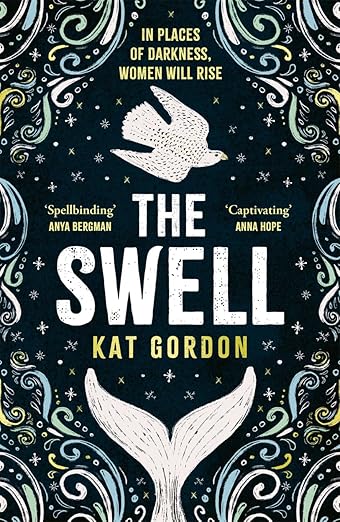Clairmont Locations with Lesley McDowell
Clairmont Locations with Lesley McDowell
We are off to travel within the Clairmont novel today…. there is much taffeta to be had and cake to be eaten. So, if you are ready?
Map of locations in Clairmont
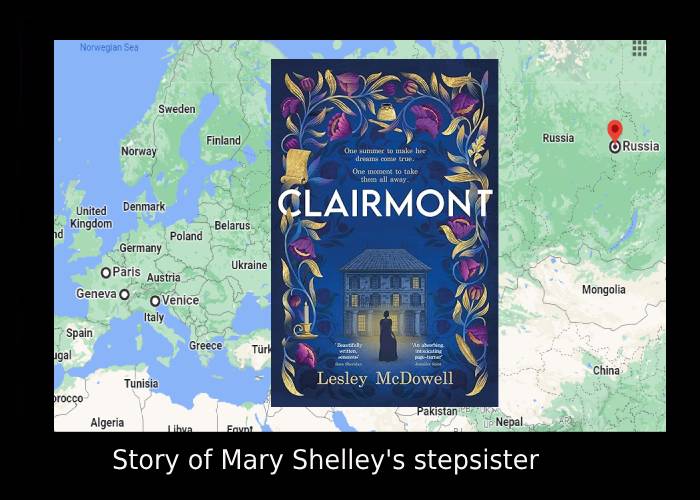
Map of locations in Clairmont
The question is as old as fiction itself: must a novelist experience the locations she describes, in order to write about them convincingly?
It’s a trick question, though, for the historical novelist. After all, how many locations are the same today as they were in the period she is writing about? It doesn’t help to be told ‘the past is another country’ where they ‘do things differently’, as though catching a flight or taking a train is all she needs to get there.
Map of locations in Clairmont
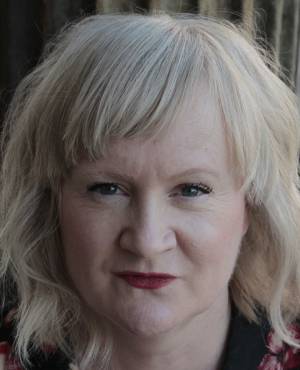
Lesley McDowell © Lyndsay McGill
Pitting imagination against experience like this is only a trap for the historical novelist, when sometimes imagination is the only option. My historical novel, CLAIRMONT, is about Claire Clairmont, who was the stepsister of Mary Shelley and the lover of Byron and mother to his child, Allegra, and a woman who spent her life roaming over Europe, living in Russia and France and Italy, for the bulk of the 19th century.
Map of locations in Clairmont
Map of locations in Clairmont
laire began her life in 1798 in England, in the kind of London that can still be glimpsed down alleyways and at the end of cobbled streets, and she ended it in an apartment in Florence that still stands just as it did in 1879. But when I began researching where she lived throughout her life, chasing her life’s literal journey for verisimilitude in my novel was often a fruitless task. A large part of the novel is set in 1840s Paris, for instance, when Claire rented an apartment there for six years. I’ve been to Paris many times, but I’ll never know what it was like pre-Haussmann, for the great architect completely re-mapped the city after 1853, creating the grand boulevards we know today and obliterating much of the medieval centre. Claire’s Paris is long gone.
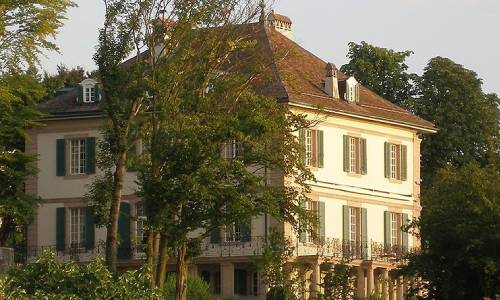
Villa Diodati (c) Lesley McDowell
The famous Villa Diodati which Byron rented for the summer of 1816, and where Mary Shelley invented Frankenstein and Claire discovered she was pregnant with Byron’s child, is still there by the banks of Lake Geneva. I visited Geneva many years ago, but the Villa Diodati was in private ownership then and nobody could get near it even for a photograph. According to internet sources, it’s in private ownership to this day, but one or two recent photographs from a few intrepid tourists show that it still resembles the paintings of yesteryear. The exterior then, is available to experience; the interior has to be the work of the imagination.
Map of locations in Clairmont
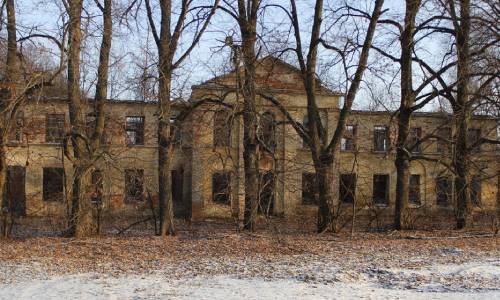
Islavskoe (c) Lesley McDowell
But at the start of my research, I still believed that experience was primary, and twenty-one years ago, tried to get a true sense of Russia where Claire lived and worked as a governess for some years after Shelley’s death. I managed to secure a place on a travel company’s trip to Moscow and St Petersburg, and we visited a country house that once belonged to the Empress Elizabeth. As it’s the only experience I’ve had of such a place, I’ve used it as a model for the estate in Islavsky where Claire lives and works in the 1820s. The real location might be the main house near the current Islavskoe village today, according to my internet searches, but if it is, a fire in 1998 destroyed the interior and left only an outer shell.
Paris, Geneva, and Islavsky: three locations in my novel, but an experience of them as Claire had is denied to me by architects, private ownership, and fire. Only my imagination can ‘know’ them, helped by Claire’s own superb descriptions, like this one from 1825 of the ‘aversion Russians have to sleeping twice in the same room – so…the morning is a curious picture (of) a hundred beds borne upon so many heads, and returning like sheep to the fold, to the respective rooms…the servants sleep where they please and…you tumble over the bodies of men, women, children stretched out upon their bit of mattress or rug.’
Map of locations in Clairmont
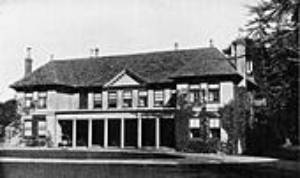
Field Place (c) Lesley McDowell
As for briefer locations, like the Bournemouth cemetery where Mary Shelley was laid to rest, or Field Place, where Claire and Mary had their last, terrible row, or the Villa Cappuccine where Claire spent her last summer with her little girl, it’s the emotion of the lived experience that matters, not the colour of the drapes or the style of the brickwork. Emotion that imagination can conjure, and make meaningful. As Shelley wrote once about those listeners hearing the nightingale sing, they are ‘entranced by the melody of an unseen musician, who feel that they are moved and softened, yet know not whence or why.’
Booking Pass Information: Clairmont
Twitter: @LesleyMcDowell1




